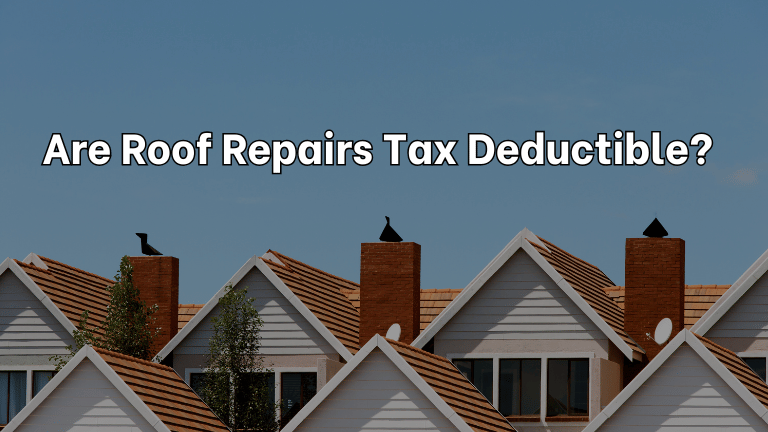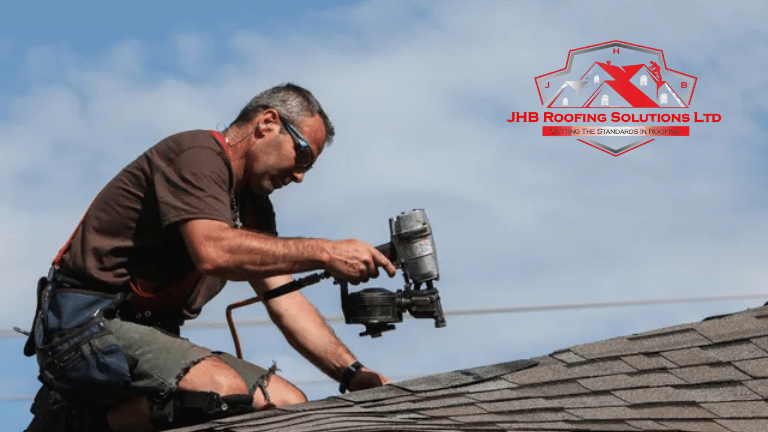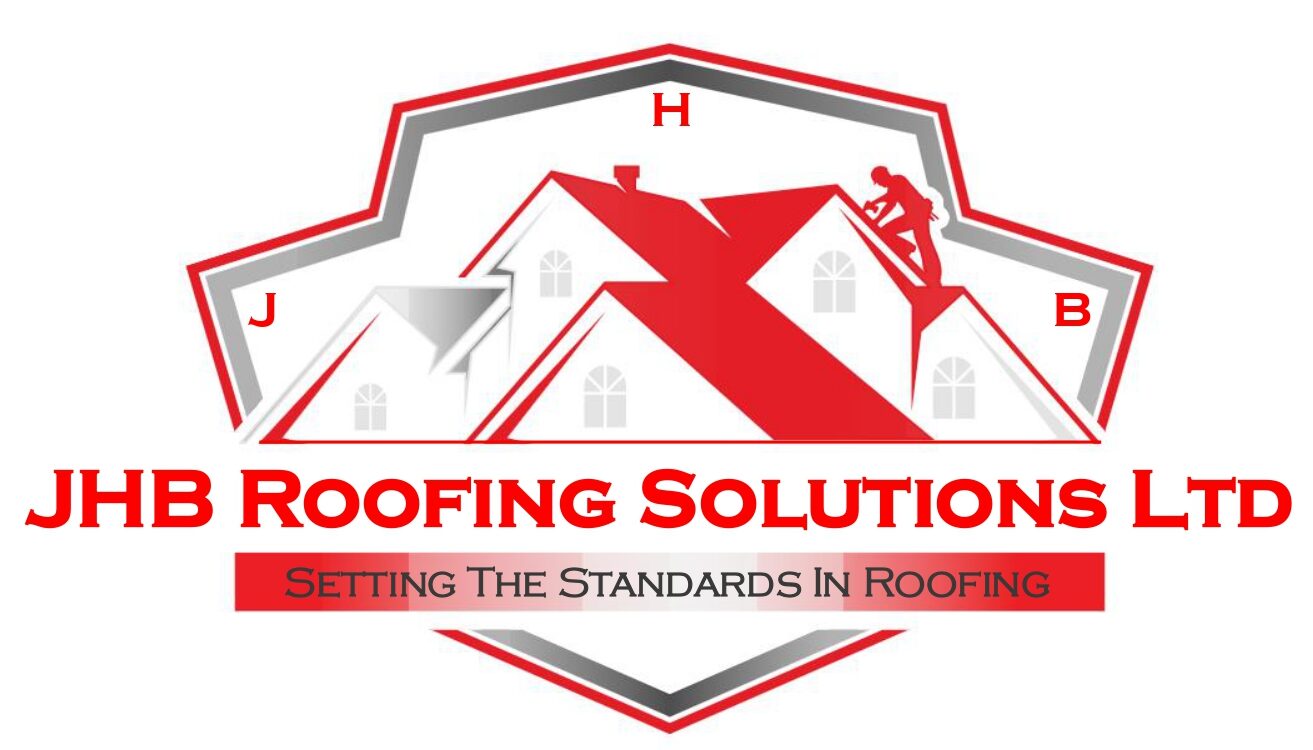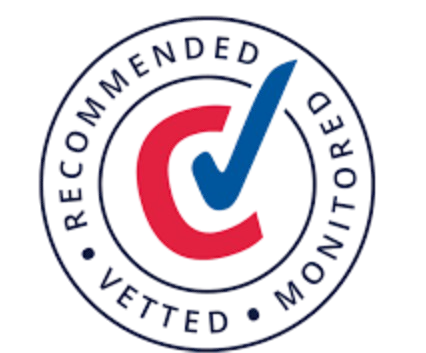
Are Roof Repairs Tax Deductible? many homeowners often wonder if they can deduct the cost of roof repairs on their taxes. The idea of reducing the cost of home maintenance through tax deductions can be appealing, but the rules around tax deductions can be complicated. In this guide, we’ll break down the facts, offering a clear and easy-to-understand explanation.
What Does “Tax Deductible” Mean?
A tax deduction reduces your taxable income, which in turn lowers the amount of tax you owe to the government. Certain expenses, like mortgage interest or charitable donations, are deductible by law, meaning you can subtract them from your income to pay less tax.
Roof Repairs vs. Roof Replacement: What’s the Difference?
Before diving into whether roof repairs are deductible, it’s important to understand the difference between roof repairs and roof replacement:
- Roof Repairs: These are fixes made to a roof to address specific issues, such as fixing leaks or replacing damaged shingles.
- Roof Replacement: This involves completely replacing an old roof with a new one, which is usually more expensive than simple repairs.
Understanding the difference between these two types of work will help clarify which ones may qualify for tax deductions.

Are Roof Repairs Tax Deductible for Homeowners?
In most cases, roof repairs are not tax deductible for homeowners who use their homes solely for personal use. This includes repairs to fix leaks, replace missing shingles, or repair damaged areas of the roof. Since these repairs are seen as routine maintenance to keep your home in good condition, they are not deductible under federal tax laws.
Why Are Roof Repairs Not Deductible for Personal Homes?
The IRS does not allow deductions for repairs to your primary residence because these expenses are considered part of routine home maintenance. The purpose of tax deductions is to encourage specific kinds of spending, such as investment in business or energy efficiency, rather than ongoing upkeep of personal property.
When Are Roof Repairs Tax Deductible?
While roof repairs are generally not deductible for personal homes, there are some situations where roof repairs may be deductible. These include:
1. If You Use Part of Your Home for Business
If you operate a business from home and use part of your home as a workspace, you may be eligible to deduct a portion of your roof repair costs as part of the home office deduction. To qualify for this deduction, you must use a specific area of your home regularly and exclusively for business purposes.
For example, if your home office occupies 20% of the total square footage of your house, you might be able to deduct 20% of the costs associated with roof repairs.
2. If the Roof Repairs Are Part of a Larger Renovation for Rental Property
If you own rental property, you may be able to deduct the cost of roof repairs. The IRS generally allows rental property owners to deduct expenses related to the upkeep and maintenance of the property, including roof repairs, since these costs help maintain the rental’s ability to generate income.
3. If Roof Repairs Are Made as Part of a Disaster Claim
If your roof has been damaged due to a disaster, such as a hurricane, tornado, or fire, you may be eligible for certain tax relief options. In some cases, you can claim these costs on your taxes as part of your casualty loss deduction. However, the rules around casualty loss deductions are specific and may require additional documentation.
Roof Replacement and Tax Deductions
When it comes to roof replacement, the rules are a bit different. If you are replacing your roof as part of a home improvement project, these costs are not deductible immediately. However, you may be able to add the cost of the replacement to the cost basis of your home. This means that when you sell the house, your tax liability may be lower because the value of the roof replacement is considered an improvement, not a repair.
For rental properties, like with roof repairs, roof replacement costs can generally be deducted as part of the cost of maintaining the property. As with repairs, roof replacement is seen as a necessary expense to keep the property in good condition for tenants.
Tax Incentives for Energy-Efficient Roofs
While regular roof repairs aren’t tax deductible, if you replace your roof with energy-efficient materials or make energy-saving improvements, you might qualify for certain tax credits. For example, the Residential Energy Efficiency Tax Credit offers financial incentives for installing energy-efficient roofing materials, such as cool roofs that reflect sunlight and reduce energy costs.
These credits are different from deductions, as they directly reduce the amount of tax you owe, rather than lowering your taxable income. Make sure to check if the roofing materials you’re using qualify for any available tax credits.
How to Claim Deductions or Credits
If you’re eligible for any deductions or credits related to roof repairs or replacements, make sure you keep thorough records, including receipts and invoices. If you’re claiming a deduction for a home office or rental property, you may need to complete specific forms, like Form 8829 for the home office deduction.
Work with a Tax Professional
Because tax laws are complicated and subject to change, it’s always a good idea to work with a tax professional to ensure you’re maximizing your deductions and credits. They can help you navigate the rules and avoid potential mistakes that could lead to audits or penalties.
Conclusion
In most cases, roof repairs are not tax deductible for homeowners using their homes for personal purposes. However, if you use part of your home for business, own rental property, or if your roof repairs are part of a larger renovation project, you may be able to claim deductions. Additionally, certain energy-efficient roof replacements may qualify for tax credits.
To ensure you’re getting the most out of your tax deductions, it’s important to keep records and consult with a tax professional who can guide you through the process.



